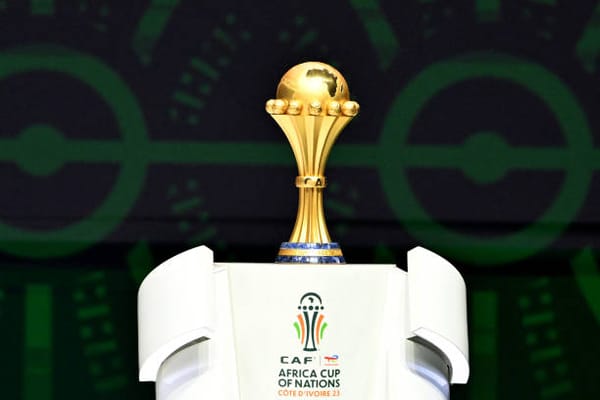- AFCON started in 1957 with only three participating countries: Egypt, Sudan, and Ethiopia. It has since expanded to feature 24 teams.
- The competition consists of a group stage and a knockout stage. The group stage involves six groups of four teams, with the top teams advancing to the knockout rounds, including the Round of 16, quarter-finals, semi-finals, and final.
- Egypt is the most successful team in AFCON history with seven titles, followed by Cameroon with five, and Ghana with four.
- Countries like Eritrea, Djibouti, and the Central African Republic have never qualified for AFCON, while nations like Mali, Burkina Faso, Uganda, and Guinea have participated but never won the tournament.
- Hosting AFCON brings significant economic benefits through infrastructure development and tourism. The tournament also fosters African unity and showcases the continent's football talent.
IN DETAIL
Pretoria, South Africa - The Africa Cup of Nations (AFCON), Africa's premier international football competition, is a significant event in the world of sports. Organized by the Confederation of African Football (CAF), the tournament first took place in 1957 and has grown in size and prestige over the decades.
A Brief History
AFCON began in 1957 with only three participating nations: Egypt, Sudan, and Ethiopia. Today, it features 24 teams, showcasing the continent's top football talent. Held biennially since 1968, the tournament has become a cornerstone of African sports culture.
Tournament Format
The competition is divided into two main stages: the group stage and the knockout stage. During the group stage, 24 teams are split into six groups of four. Each team plays three matches, and the top two teams from each group, along with the four best third-placed teams, advance to the knockout stage. The knockout stage then proceeds with the Round of 16, quarter-finals, semi-finals, and the final. If a match is tied at the end of regular time, it goes into extra time, and if necessary, a penalty shootout decides the winner.
Record Holders
Egypt is the most successful team in AFCON history, with seven titles (1957, 1959, 1986, 1998, 2006, 2008, 2010). Cameroon follows with five titles (1984, 1988, 2000, 2002, 2017), and Ghana has won four times (1963, 1965, 1978, 1982).
Participation and Challenges
While many African nations have graced the AFCON stage, some have yet to qualify. Countries like Eritrea, Djibouti, and the Central African Republic have never participated, often due to challenges such as limited football infrastructure and political instability.
Conversely, several countries have qualified multiple times but have not secured a championship. Mali, Burkina Faso, Uganda, and Guinea are notable examples, each having reached the final stages but falling short of victory.
Beyond the Pitch
AFCON's influence extends beyond football. The tournament promotes African talent, with many players gaining international recognition and opportunities. Hosting AFCON also brings significant economic benefits to the host country, including infrastructure development and increased tourism. Moreover, the event serves as a celebration of African unity and culture, fostering a sense of pride across the continent.
AFCON continues to be a beacon of African football, illustrating the continent's passion for the sport and its potential on the global stage. As the tournament evolves, it remains a vital part of Africa's cultural and sporting identity.

